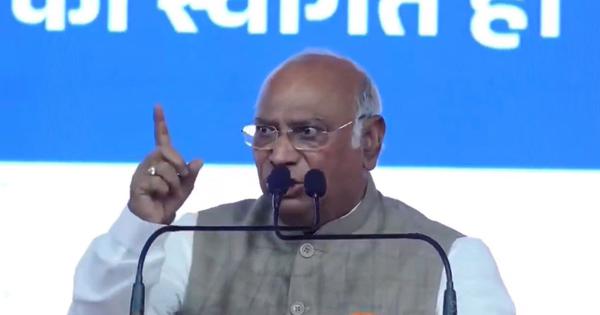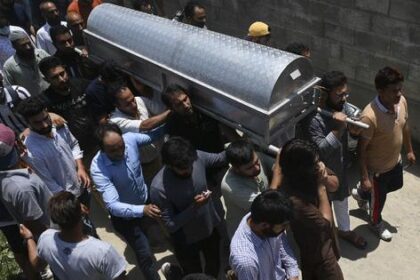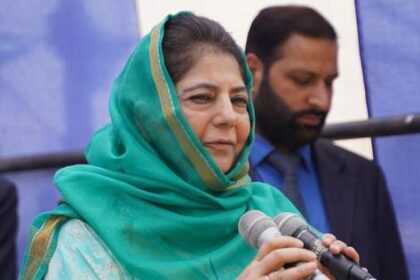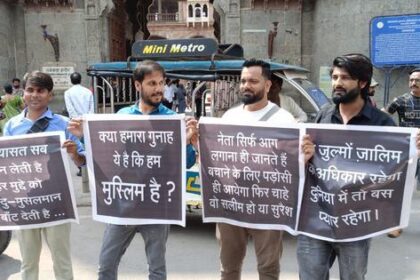Congress leaders express concerns over the adequacy of new GST reforms and their impact on citizens.
The Congress party has voiced strong criticism regarding the revamped Goods and Services Tax (GST) system set to be implemented on September 22. Party president Mallikarjun Kharge described the changes as a “mere band-aid” and suggested that the reforms do not adequately address the issues at hand. The new GST framework will introduce a two-rate structure, featuring tax slabs of 5% and 18%, which was approved by the GST Council on September 3.
Prime Minister Narendra Modi has asserted that these reforms will enhance India’s economic growth and improve the ease of doing business. He claimed that the new GST would usher in a “festival of savings” for the public. However, Kharge countered these assertions, stating that the government should apologize to the citizens for its previous taxation policies. He criticized the Modi administration for imposing what he referred to as the ‘Gabbar Singh Tax,’ which involved nine separate slabs and resulted in the collection of over Rs 55 lakh crore in eight years.
Kharge emphasized that the public would not forget how essential items like food, healthcare, and agricultural equipment were taxed. He pointed out that the government’s current initiative to promote a Rs 2.5 lakh crore “savings festival” appears to be an inadequate response to the hardships inflicted on the populace.
In addition, Congress general secretary Jairam Ramesh echoed Kharge’s sentiments, arguing that the new GST reforms fall short of addressing the pressing concerns of micro, small, and medium enterprises. He highlighted the importance of tackling sector-specific issues that have arisen in areas such as textiles, tourism, handicrafts, and agricultural inputs.
Ramesh also called for state governments to be incentivized to adopt a state-level GST that encompasses sectors like electricity, alcohol, petroleum, and real estate. He noted that a key demand from the states, which pertains to extending compensation for an additional five years to safeguard their revenues, has not been adequately addressed by the central government.
Prime Minister Modi recently addressed the nation, claiming sole credit for the amendments made to the GST regime, which is overseen by the GST Council, a constitutional body. The Indian National Congress has consistently argued that the GST functions as a Growth Suppressing Tax, highlighting the challenges it presents to various sectors.
The new two-rate slab structure aims to reduce prices on daily essentials, including soaps, shampoos, and stationery. Moreover, health and life insurance will not be subjected to GST, and reductions have been made on vehicles and electronic appliances. The GST system was initially launched in July 2017, replacing multiple indirect taxes, including the Value Added Tax and the Central Excise Duty.








